Recipient and Intended Parent Consultations
New England Fertility Counseling, PLLC provides psychoeducational consultations to intended parents growing their families with the help of a donor and/or a gestational carrier (gestational surrogate). Together, we will explore the short- and long-term implications involved in growing your family through donor-assisted conception and/or gestational surrogacy. Katie will also provide helpful resources and information to support you in the long-term as you build your family.
Clinics, agencies, and hospitals managing treatment typically require a letter with recommendations from the mental health professional. Using a secure e-fax service (SR Fax), I send the letter directly to your clinic, agency, or hospital managing treatment. There is no additional fee for this documentation or for phone contact with your clinic, agency, or hospital managing treatment. I fax the letter to your fertility clinic/program within 24 hours and usually the same day as the appointment.
Recipient and intended parent psychoeducational consultations are typically 90 minutes long and done in a one-session format. However, there is an option for a two-session format as well. The fee is $450 for a 90-minute session. This fee is inclusive of time spent preparing for the session, time spent in session, and time spent after session completing documentation or writing a letter. These sessions are not typically covered by insurance; however, you are welcome to submit a super bill to your insurance company to request reimbursement.
After an intended parent/recipient psychoeducational consultation with New England Fertility Counseling PLLC is completed, Katie will offer additional resources (helpful readings, podcasts, and support groups) and will offer herself as a resource for you in the future. For example, should you and/or your partner want more support, New England Fertility Counseling PLLC can offer referrals to individual and couples therapy. Katie also will provide you with a customized list of resources and children’s books.
Example themes explored in psychoeducational consultations for recipients of donor eggs and donor sperm:
Selecting a donor and selecting a bank or agency
The needs and interests of donor-conceived people. Resources to support your donor-conceived child
When and how you will talk to your future child about how your family was formed
How you will respond if your future child demonstrates interest in learning the donor’s identity
Challenges to donor anonymity, especially in the age of social media and direct-to-consumer DNA testing
The possibility of genetically related half-siblings (“donor siblings”) and the implications that go along with this
Education about relevant laws in place to protect parentage, such as The Massachusetts Parentage Act (went into effect January 1, 2025)
Impact on intended parent(s) if treatment is unsuccessful (does not result in a pregnancy)
Support group recommendations, book recommendations about parenting a donor-conceived child, children’s book recommendations to aid with talking about the role of the donor, and helpful websites/readings
If it applies: reproductive stories, including history of infertility/pregnancy loss experienced by the intended parents and unprocessed grief that may be present, such as a sense of loss associated with having no genetic link to your child while your partner is able to have that genetic link.
If it applies: any concerns you may have about donor conception, such as concerns about your child’s wellbeing, bonding with your future child, feeling left out or not like a legitimate parent, social differences, family/cultural concerns, and concerns about how to talk to your child about being donor-conceived
Example themes explored for individuals and couples pursuing parenthood with the help of a gestational carrier (“surrogate”):
Reproductive stories, including history of infertility/pregnancy loss/family building efforts experienced by the intended parents and unprocessed grief that may be present
Fears and concerns for the gestational carrier arrangement (also called a “surrogacy journey”)
Preferences for pregnancy and labor/delivery, as well as medical decision-making
Discussion of negative pregnancy outcomes that may occur, such as pregnancy loss, diagnosis of a fetal anomaly, and pregnancy termination and reduction and its potential impact on the intended parents
Discussion of resources that may be helpful during the gestational surrogacy journey and beyond
Type of contact and frequency of contact would you like to have with your gestational carrier while she is pregnant, as well as after the birth of the child
Creating a sense of closure for both the gestational carrier and intended parents after the baby is born
When and how you will talk to your future child about how your family was formed. For example, how will the child be told about the unique circumstances of his/her/their birth? How will the role of the gestational carrier (GC) be explained? If the child desires to know their GC or have contact with them, will this be permitted?
